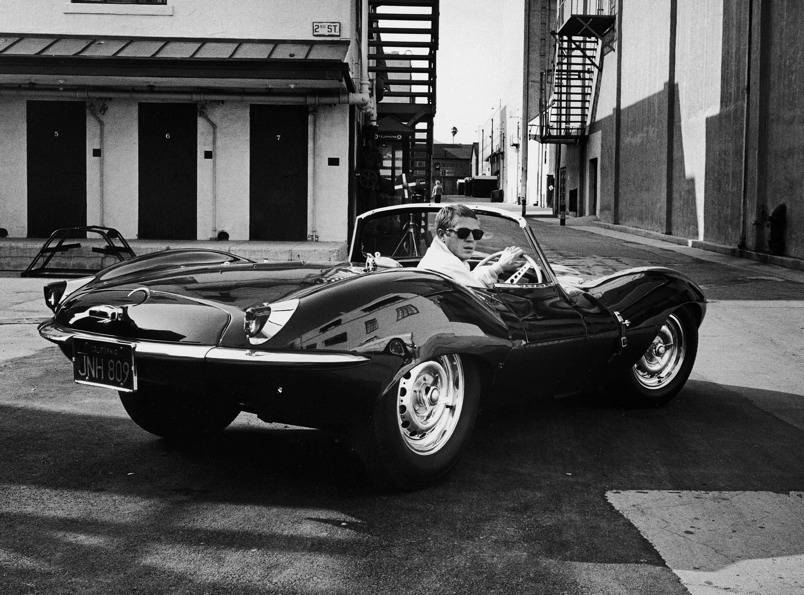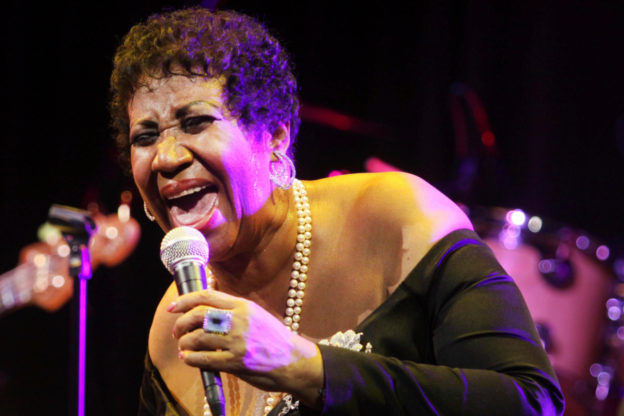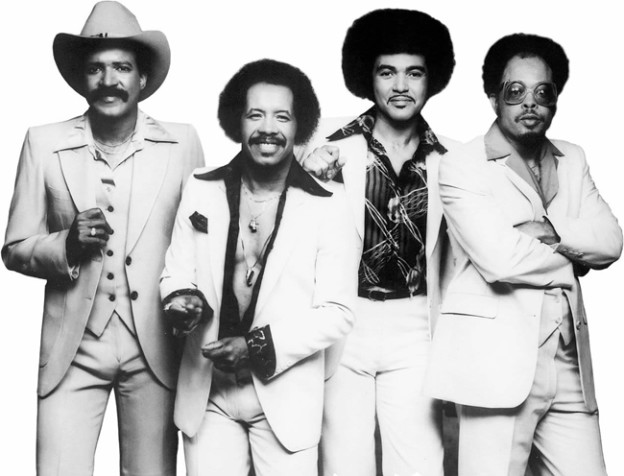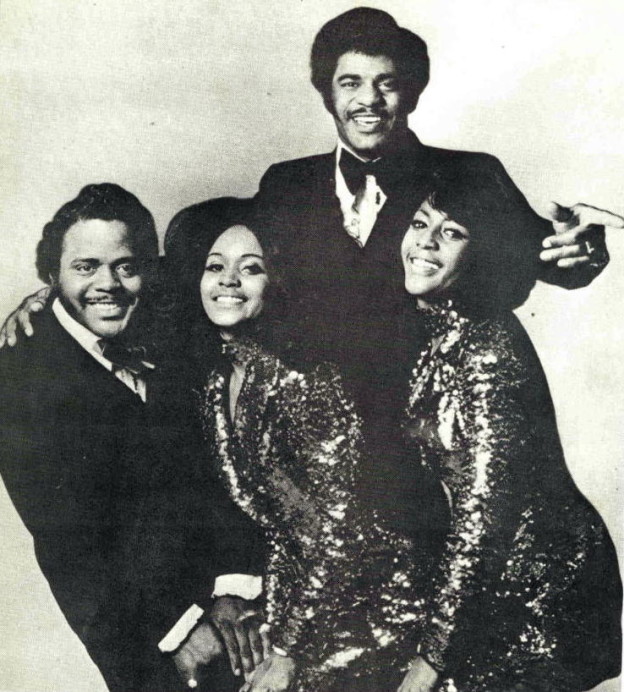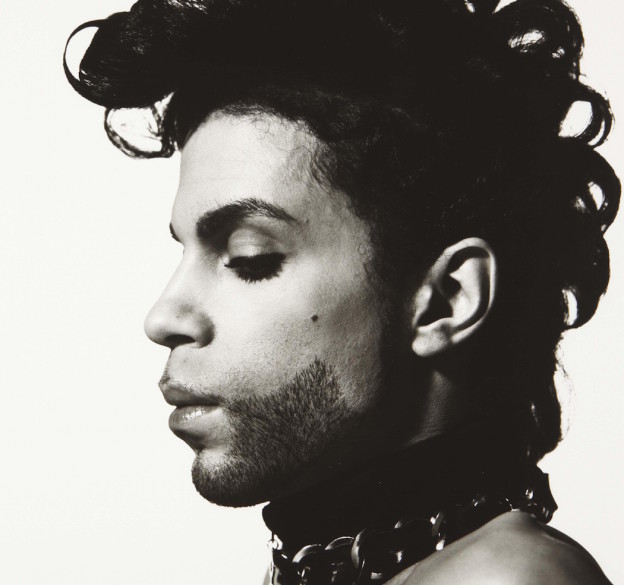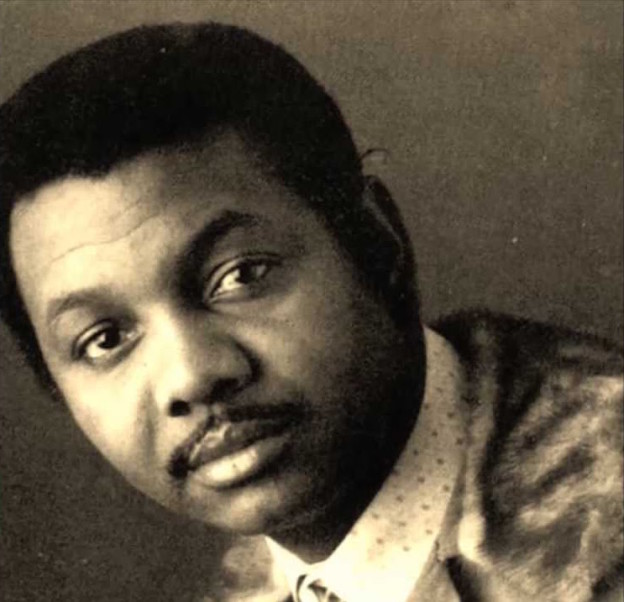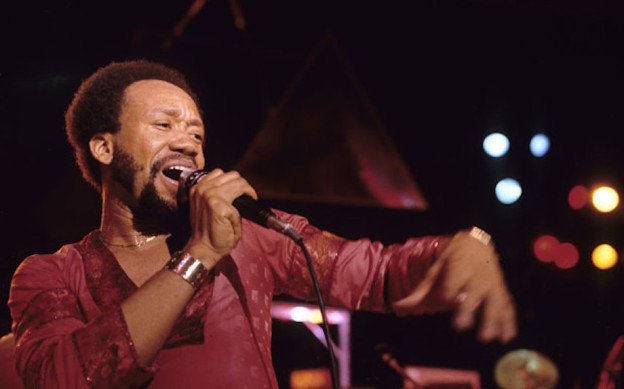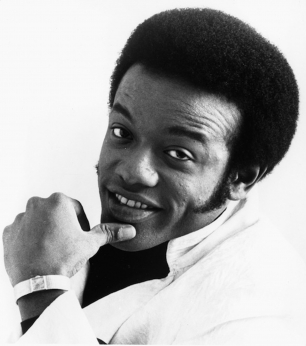2016 has officially become one of those singularly awful periods in Rock history, like 1959, when Buddy Holly, Richie Valens and the Big Bopper all died in a single plane crash. Or that fateful stretch from 1970 to 1971 when Jimi Hendrix, Janis Joplin and Jim Morrison all OD’d. Continuing this year’s traumatic trend, the world lost the whirlwind musical talent known as Prince this past Thursday, April 21st. The Purple One joins his fellow chameleonic, gender-bending artist David Bowie, as well as Eagles co-founder Glenn Frey among the colossal figures in the Rock pantheon who’ve passed away this year. (Another we lost in 2016 is fabled Beatles producer George Martin, who thankfully lived to the ripe old age of 90).
Prince’s New York Times obituary is here.
An excellent essay on Prince’s wonderful mix of carnality and spirituality is also available at the Times.
It’s easy to forget with the passing of time what a controversial figure Prince was when he broke onto the scene in the early 1980s. But then, with album titles like Dirty Mind and Controversy he made it clear he was courting it. It was the Reagan era, a promised return to straight-laced, wholesome American values after the free-love 1960s and the if-it-feels-good-do-it pre-AIDS 1970s. Yet here was this diminutive, light skinned African American emerging fully formed from Minneapolis of all places, dressed like an English dandy and singing some of the dirtiest come-ons ever put to vinyl. A wonderfully unusual lover man — handsome yet pretty, satyr-like but delicate and petite with his pencil thin mustache, long hair and soft speaking voice belying his powerfully expressive singing style — it wasn’t hard for the manly men and hair metal rockers to make fun of Prince. Except that while they and their buddies were down at the local watering hole drinking Buds and listening to Slayer, Prince was systematically bedding their women and bringing those lucky ladies to previously undreamed of paroxysms of ecstasy.
https://www.youtube.com/watch?v=_qpOI92q6EU
With his utterly unique musical gift for passionate eclecticism, effortlessly blending Soul, R&B, Funk and Rock into one heady hedonistic potion with which to intoxicate listeners, he wasn’t just upsetting to uptight macho guys or self-appointed moral police like Tipper Gore’s dumb Parent’s Music Resource Center. Prince was downright revolutionary, challenging the established musical order of that era. A light-skinned black dude who could shred on guitar like a latter day Hendrix or Ernie Isley while simultaneously promising to ravage America’s daughters of all colors — was he an R&B/Funk sensation or a crossover artist like Michael Jackson, another rare performer who couldn’t be contained or labeled by the then-prevailing radio segregation between “R&B,” “Pop” and “Rock”? Was he just a borderline obscene libertine provocateur or in fact a sensitive sensualist poet-prophet for a new generation? The answer to all of those and many more questions about Prince was invariably Yes.
https://www.youtube.com/watch?v=F_5MpLvK9R8
Prince was aided and abetted in his cross-cultural takeover by the coincidental rise of an even greater societal force, MTV, becoming one of the budding video network’s omnipresent early stars with his seminal (literally) video for the double-entendre filled “Little Red Corvette.” 1984 saw the culmination of Prince’s conquest with the spectacularly popular, semi-autobiographical film Purple Rain, the massively successful album of the same name and its host of high-charting hits, not least of them the gospel-infused title track, which became as close to a theme song as the ever-changing Prince ever had (or maybe it was really “Dirty Mind”). As someone who went to that movie upon its initial release in a small-town theater while away at school, I can testify to Purple Rain‘s impact on a bunch of horny teenaged white kids, even if today we might look back and see nothing much more than a long form video with a typically 80s outsider-makes-good storyline. With the United States still very much on Cold War footing with the Soviet Union and the threat of nuclear annihilation pervading the darkest corners of our young minds, when Prince sang “We’re all excited/But we don’t know why/Maybe it’s ’cause/We’re all gonna die!” on “Let’s Go Crazy” it was pure catharsis. Not to mention a fine excuse to live it up to the fullest right freaking now.
https://www.youtube.com/watch?v=T9CPeUkkst4
If Prince would never achieve those Olympian heights again his place in the pop music firmament was nonetheless firmly enshrined. He dabbled with Bowie-esque gender bending, as on the especially erotic yet thoroughly empathetic “If I Was Your Girlfriend.” He went through backing bands like Kleenex and collaborated with other artists with a similarly hyperactive drive, writing hit songs for the Bangles, Sinead O’Connor, Stevie Nicks and many others, while also shepherding new acts like Vanity, Bria Valente, Morris Day and the Time and Sheila E. He split from his record label, self-released his music and changed his name to an unpronounceable symbol, then returned to a major label and started using Prince again. All the while, as he cranked out a ton of amazing music with or without further chart success, it was clear that he was not only his own unique phenomenon but also the spiritual heir to all those great musicians who merged the sacred with the profane, from the Delta bluesmen to Ray Charles and Sam Cooke to Sly and the Family Stone, James Brown, Marvin Gaye and Rick James. In the process he created an unsettling, stimulating, booty shaking mix of something close to sexual Gospel music for the modern age.
https://www.youtube.com/watch?v=pvdk8LJJwL4
Most of all, Prince refused to be pigeonholed. He was simply the greatest singer/producer/arranger/guitar player/keyboardist/multi-instrumentalist and showman of his time, the fantastic culmination of 20th century African-American music in one diminutive, hyperkinetic package. In the end there was no one like him, before or since. The purple light’s gone out all too prematurely. But we can thank the heavens for his tragically brief but utterly amazing 57 years on this humdrum planet. Because the eternal soul of Prince will always be here to guide us, his dearly beloved mere mortals, and help get us through this thing called life.




